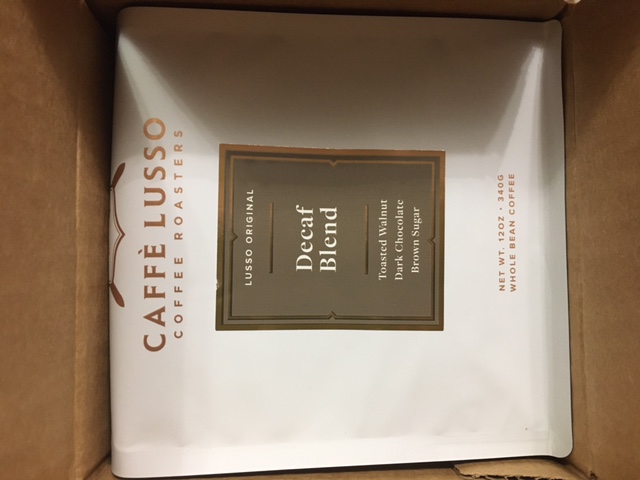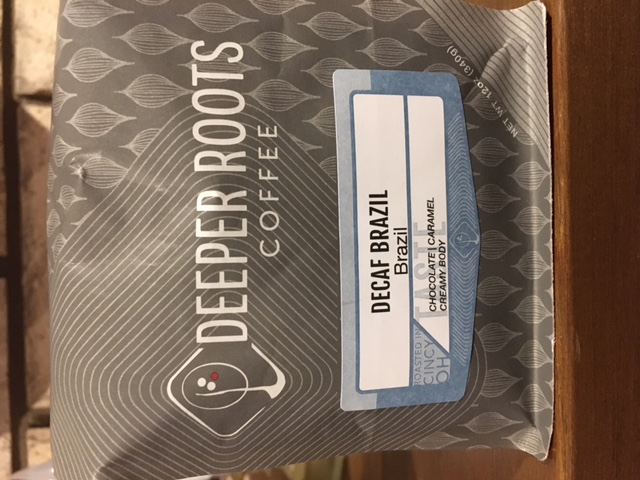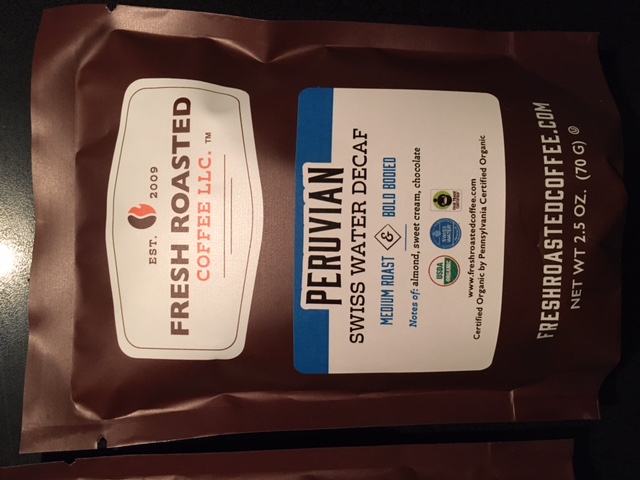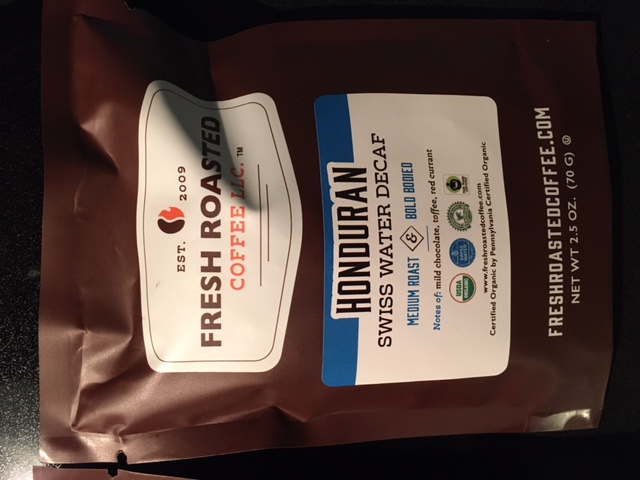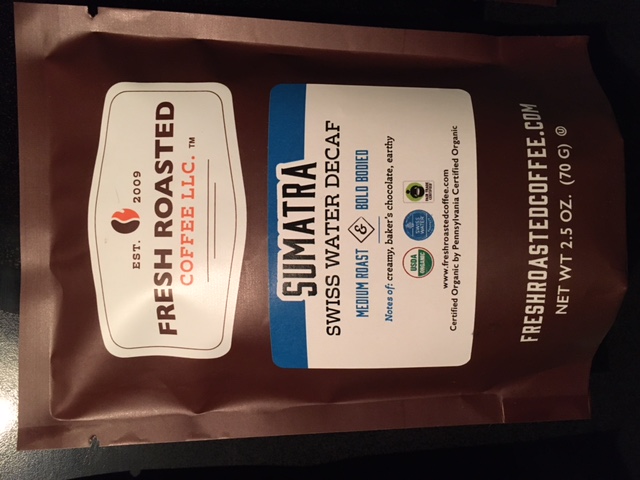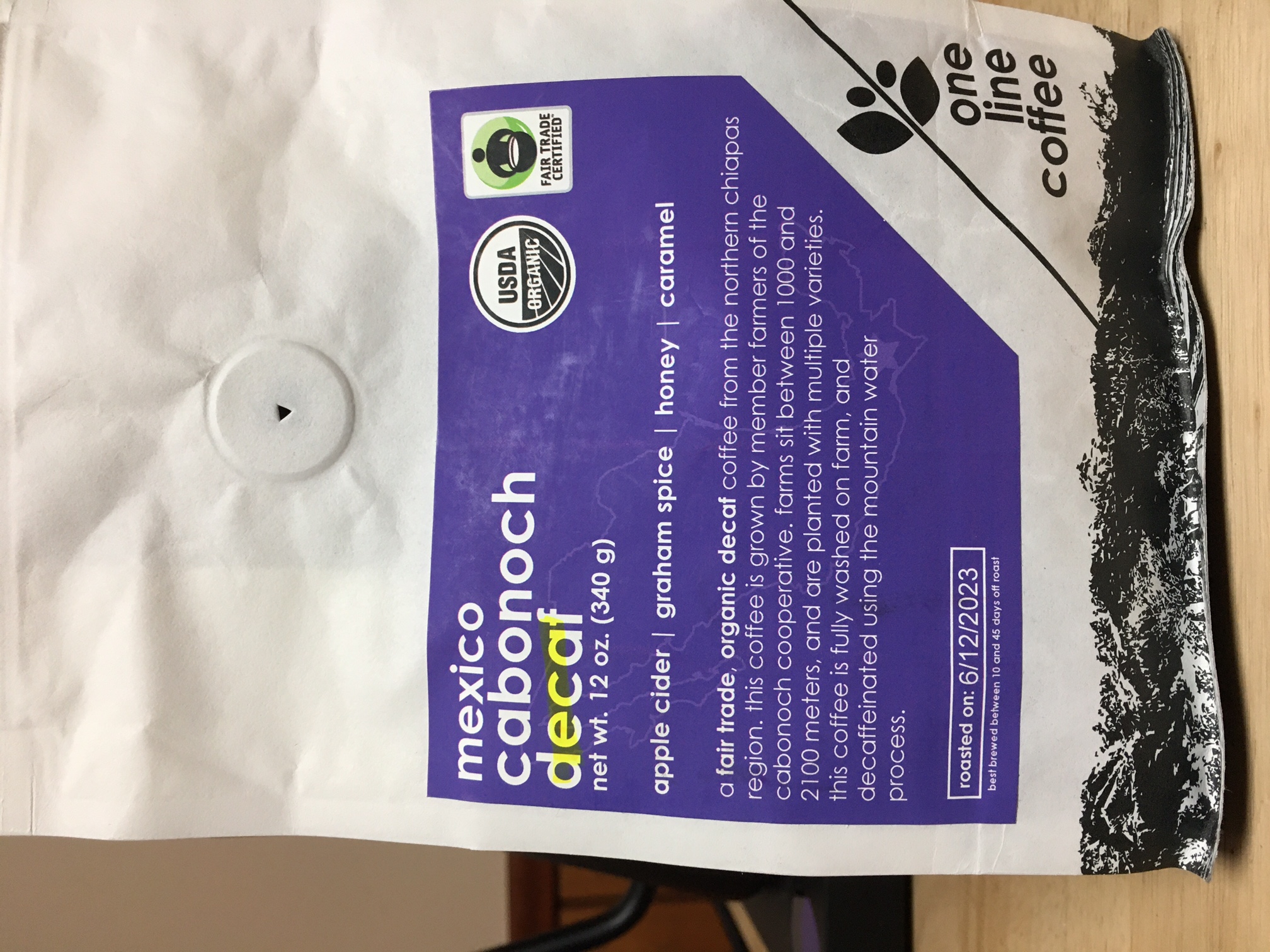diving into decaf
Decaffeinated coffee seems to be having a moment right now. Long scorned by many as a bland, undrinkable abomination, it is largely ignored by a large portion of the coffee drinking public.
In many ways this is justifiable. There have been (and still are) many bad decafs on the market. But that doesn't mean decaf has to be bad. There are ways of producing decaffeinated coffees that yield a result every bit as flavorful as their fully caffeinated counterparts.
But why bother with decaf at all, you ask? There are numerous reasons why people decide to cut back on or eliminate caffeine from their diet. From health reasons to simply wanting a better night's sleep. Some want the routine of coffee without caffeine jitters.
Whatever the reason, the good news is that decaf doesn't have to equal disgusting drivel. We've gathered up an assortment of the best decaf coffees we could find. Nearly all are decaffeinated via one of the several different water process methods. This eliminates the need for harsh chemicals which are used to decaffeinate some coffees, and strips away much of the flavor.
As with any good coffee, you have to start with quality beans. You might think that since it's going to be decaffeinated anyway, it would make sense for a roaster to use lesser quality beans. But that's a recipe for a really bad decaf coffee.
When brewing decaf it may be necessary to either use more beans than you normally would, grind the coffee a bit finer, or brew a bit slower. Perhaps a combination of those. You want to make sure you're extracting every bit of flavor. A slower pour, a few more beans, and adjusting your grind setting can make a big difference.
The decafs in this article all had me either hard pressed to tell it wasn't regular coffee, or barring that, confirming that it was nonetheless a good cup of coffee.
The first thing I look for in a decaf is which decaffeination method was utilized. If it doesn't say, that's an automatic red flag for me. Most roasters will say on the bag if they've used a chemical-free decaffeination method.
Common methods you'll see used include Swiss Water Process, Mountain Water Process, C02 Decaf, and Sugarcane Decaf.
The logo you might've seen the most is Swiss Water Process. All coffees decaffeinated with this method go through their facility just outside Vancouver, British Columbia, Canada. It's an interesting and unique process, as the animated video via their YouTube channel illustrates.
 Image Credit: Swiss Water Decaffeinated Coffee Inc.
Image Credit: Swiss Water Decaffeinated Coffee Inc.caffe lusso
The first coffee I want to mention is Caffe Lusso's Decaf Blend. This one really impressed me. If someone served this to me and didn't tell me it was decaf, I would still give it high marks.
With tasting notes of toasted walnut, dark chocolate, and brown sugar this one hits right in that sweet spot of the flavor wheel I like the most.
Caffe Lusso has several excellent coffees I have tried in the past, but this is the first decaf offering I've tried from them.
deeper roots coffee
This Brazilian coffee is a really nice decaf from Deeper Roots. The beans in this blend were sourced for the specific purpose of creating a great decaf. Sipping this reminds me of the taste and mouth feel of a soft caramel candy.
This is one of the only coffees on my list that isn't water process. This one uses the natural ethyl acetate method. Ethyl acetate is derived is from a mix of acetic acid and a natural extract derived from sugarcane or beets.
Read more about this decaffeination method and how this blend was created by visiting Deeper Roots Coffee or tapping on the image.
Note: Deeper Roots Decaf coffees rotate seasonally. By the time you read this, the link may take you to a different decaf offering.
fresh roasted coffee llc
Fresh Roasted Coffee has an excellent selection of Swiss Water Process decafs. All of these which I sampled were very flavorful, and I would hard pressed to tell they were decaf. To the extent that I could tell, it did not detract from it at all. All still brewed a fantastic cup of coffee.


One line coffee
This Mountain Water Process Decaf Mexican coffee from One Line Coffee has been my go-to for late night coffee this last week. ☕️
Fair trade and organic, with graham, honey, cider, and caramel notes. It comes from the Northern Chiapas region, where farms sit between 1000 and 2100 meters.
Learn more about this coffee by visiting One Line Coffee here.
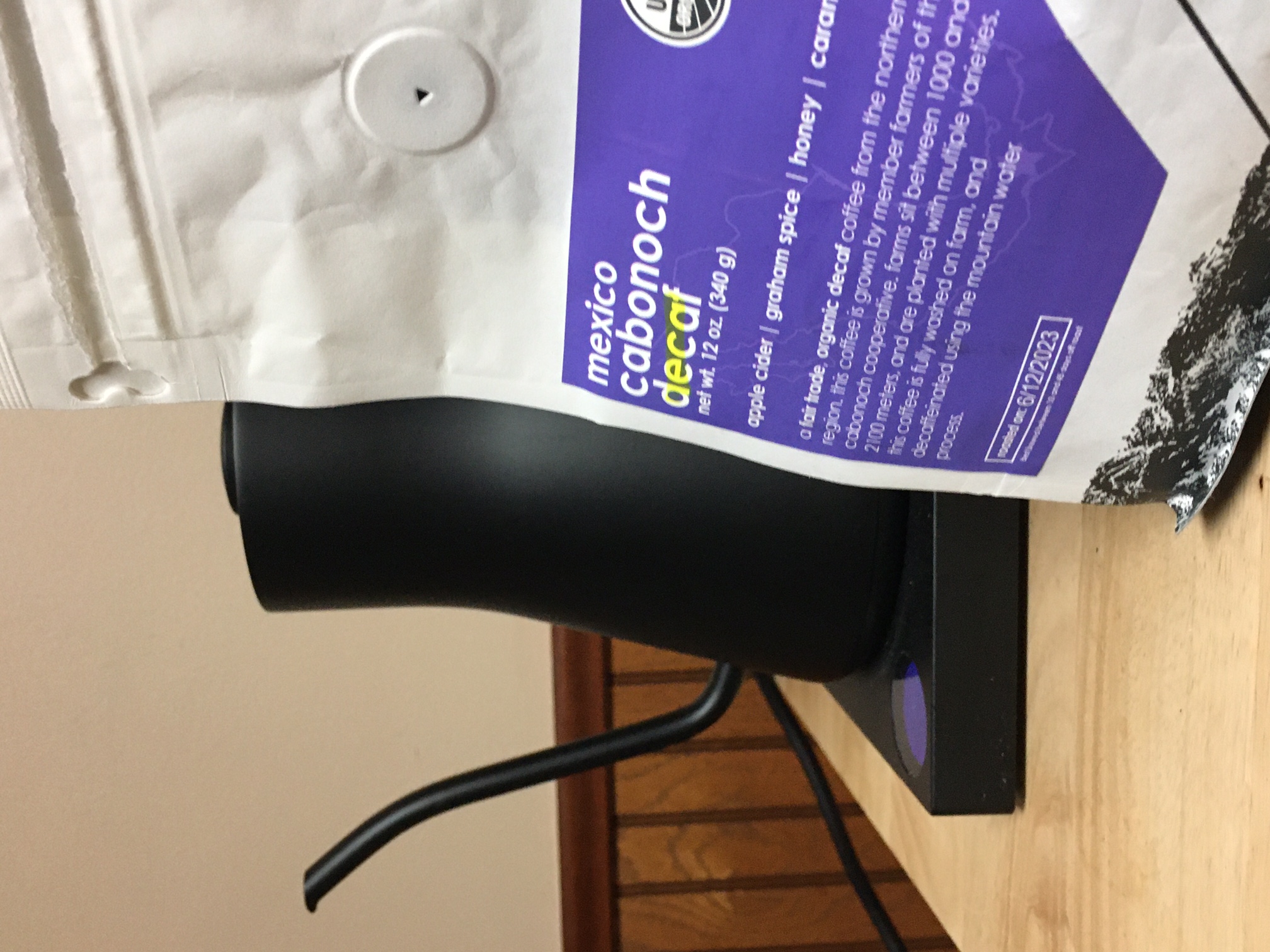 I usually brew this in a Hario V60 using my Fellow Stagg EKG.
I usually brew this in a Hario V60 using my Fellow Stagg EKG.


